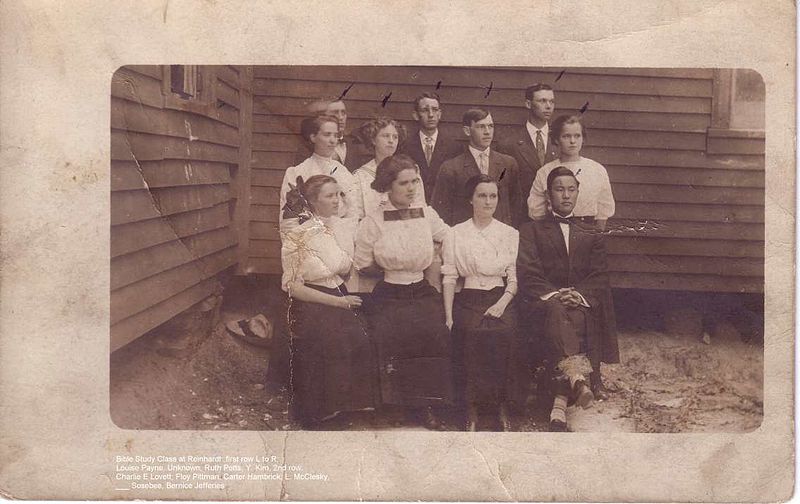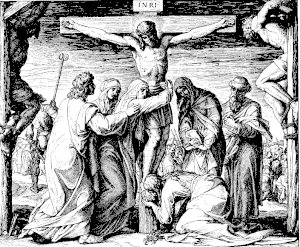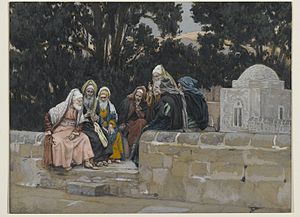McGrath has linked to my post critiquing his comments on the Christ myth proposition and managed to avoid totally the whole point of my post — and the whole point of the particular quotation from Hobsbawm in question. But that is the normal way he “responds” to such critiques.
He also seeks to imply that those who use this quotation are ignorant of Hobsbawm’s arguments and are misrepresenting them, and he does this be showing he has at last got his hands on a copy of a book in which the quote does not appear, even though I have often cited the source of the quotation on my blog.
I have regularly cited the source: From p.24 of A Contra Corriente: a Journal on Social History and Literature in Latin America (2004). That is not easy to locate anymore, but the article is now available in pdf format at http://www.ncsu.edu/project/acontracorriente/spring_04/Slatta.pdf. (McGrath has asked more than once for evidence and sources (purportedly) to help him understand how nonbiblical historians work, and I have given him sources several times but he seems not to have followed them up.)
McGrath has completely sidestepped the whole point of the quotation and of my previous post, which is the importance of independent evidence for uncovering historicity of narratives.
“In no case can we infer the reality of any specific ’social bandit’ merely from the ‘myth’ that has grown up around him. In all cases we need independent evidence of his actions.”
It is instructive that McGrath originally elicited this quotation from one of his commenters by asking point blank:
Evan, Perhaps you can clarify, with reference to historians and historical methodology, how you are using the term “fact.”
Evan then responded with the quotation (and some others) along with his explanation in direct answer to McGrath’s request to clarify what he meant — with reference to historians and historical methodology — how he was using the word “fact”
Unfortunately, McGrath appears to have become derailed at the Evan’s cogent response as requested, and turned on him for “quote mining” and ripping words out of context.
But the quotation was not out of context. It explained exactly how Evan was using the term “fact”, and he did so with reference, as requested, to historians and historical methodology.
First time round McGrath dismissed Hobsbawm’s quote as a commie plot!
McGrath has had a hard time with Hobsbawm. When I first presented his words to him he responded that they were not reliable because they were part of a communist plot to re-write history.
Second, it seems that your quote from Hobsbawm indicates once again that, unless you have some sort of evidence other than texts, you are unwilling to entertain the possibility that a text bears some relationship to historical events. You (and Hobsbawm) are free to adopt this approach, of course, but might Hobsbawm’s desire to rewrite the legacy of Communism suggest that his statement has more to do with ideology than mainstream historiography?
Note also that even then McGrath misused the quotation erroneously thinking that it was arguing that one needed “evidence other than texts” to verify historical facts. I had made no such argument at all, and Hobsbawm was certainly not arguing that. Yet that is how McGrath chose to use the quote.
Now that these words have resurfaced on his own blog he has once again used sleight of hand to misuse them. Just as he earlier attempted to argue that Hobsbawm was arguing a position neither he nor I ever suggested, he now uses the quotation to argue that they say something far less than they actually do. He has a hard time with reading its last sentence: In all cases we need independent evidence of his actions.
And that is exactly what we lack in the case of the actions of Jesus. Even his existence is, by the same standards, theoretically open to question, as Albert Schweitzer himself pointed out:
[A]ll the reports about [Jesus] go back to the one source of tradition, early Christianity itself, and there are no data available in Jewish or Gentile secular history which could be used as controls. Thus the degree of certainty cannot even be raised so high as positive probability. (Schweitzer, Quest, p.402)
And that could be why McGrath is clearly determined to get rid of this Hobsbawm quote by any trick in the book, fair or foul, he can find.
To cap off the McGrath’s misapplication of Hobsbawm’s methods, he even compares Hobsbawm’s work with biblical scholar Dale Allison’s on the historical Jesus. Allison, as I showed in a recent post, has the honesty to recognize the circularity of methods used in historical Jesus studies. Will McGrath suggest Hobsbawm’s requirement for independent evidence means that his work is also grounded in circularity? It is, of course, only by means of independent evidence that one can escape circularity.
I discussed this in my previous post about how we can know anyone existed in ancient times, and what is meant by “independent” evidence.
Like this:
Like Loading...






 l
l -t
-t

